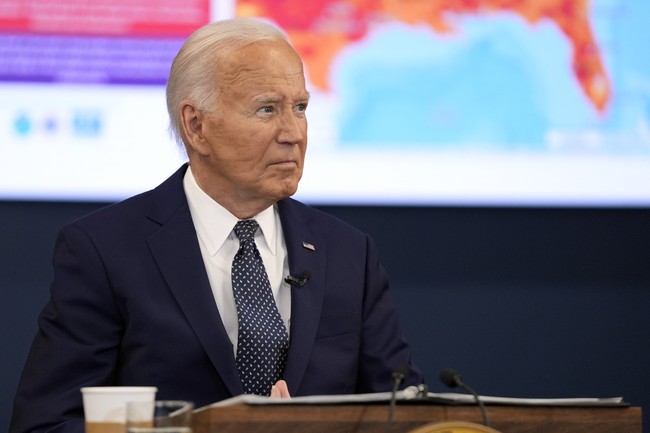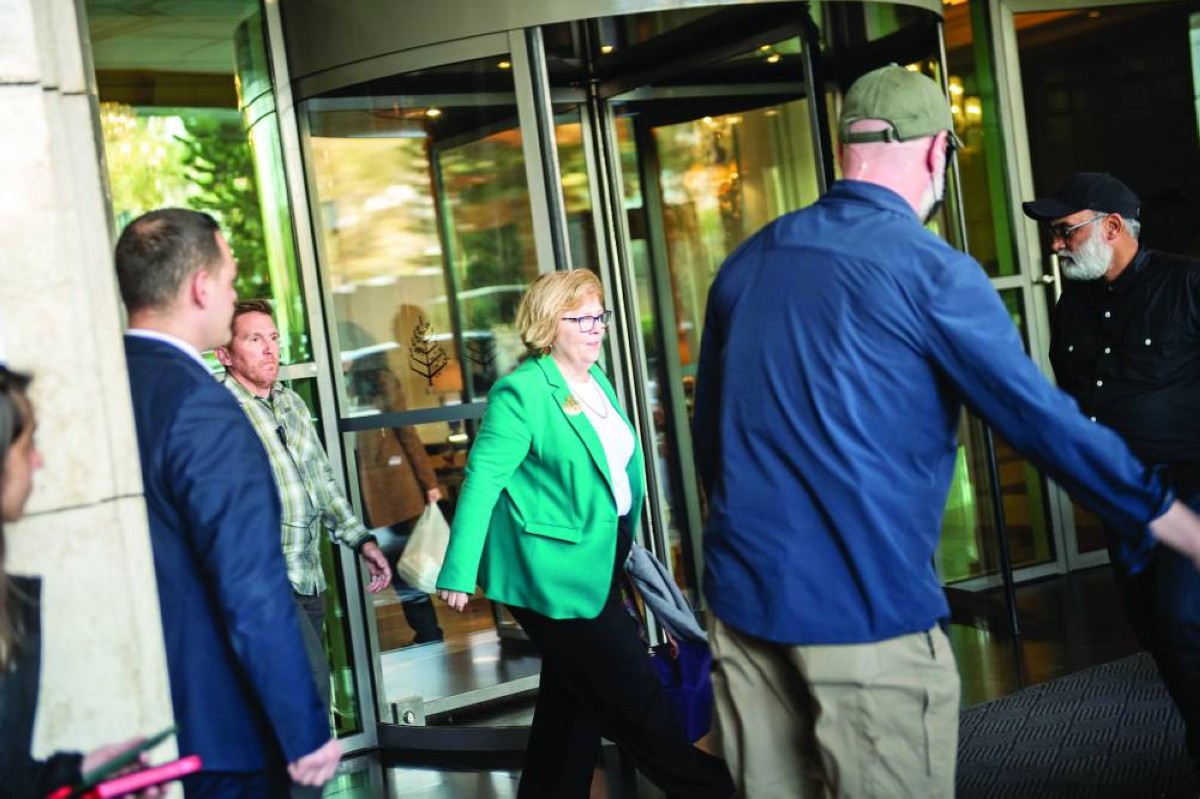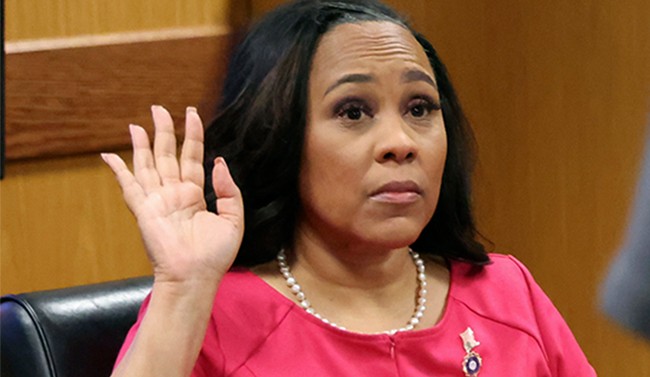US's Surprising Move in Syria: Direct Contact with HTS
Explore the complexities of US's decision to communicate directly with Syria's HTS amid a shifting political landscape, international diplomacy, and humanitarian concerns.
Published December 16, 2024 - 00:12am

Image recovered from arabnews.com
The United States has taken a remarkable step in its foreign relations strategy by establishing direct contact with Hayat Tahrir al-Sham (HTS), the Islamist group that recently claimed control over Syria. This development comes under the scrutiny of international stakeholders, as articulated by US Secretary of State Antony Blinken. Despite America's classification of HTS as a terrorist group, the pressing need to address critical issues, including the search for missing journalist Austin Tice, has necessitated this direct engagement.
In a period marked by significant change, the overthrow of Bashar al-Assad by HTS-dominated factions represents a pivotal moment for Syria. The situation calls for an effective transition to a peaceful and inclusive government, a vision supported by both Western and Arabian diplomats. This transition process was a focal point of discussions held in Aqaba, Jordan, involving major regional and international players.
Blinken emphasized the importance of this contact to aid the search for Austin Tice, who disappeared in 2012. The US had been advised of several areas within Syria where Tice might be held, prompting collaboration with groups holding sway in these regions, including HTS. Though the US hopes to convey its principles for Syria's future through these channels, maintaining pressure on everyone involved to assist in locating Tice remains a priority.
The US's diplomatic maneuverings are entwined with a broader international effort to stabilize Syria. Relations with Turkey, the strongest backer of Syrian rebel factions, have been instrumental. The influence of outside powers like Israel and Turkey illustrates the complexity of the geopolitical stakes at play. With Israel conducting military operations to avert weapon supplies from falling into extremist hands and Turkish influence rising within Syrian borders, regional peace remains tenuous.
Amidst the turmoil, many countries see an opportunity to redefine Syria's future. Several Arab states, Turkey, and influential European countries, in partnership with the United Nations, have outlined the need for a Syrian-led government transition. Emphasis has been placed on forming an inclusive and representative government, ensuring the protection of human rights, and ceasing hostilities.
Nevertheless, not all observers are optimistic. Concerns about HTS's ideology, given its fundamentalist Islamic roots, remain pronounced. The organization's alleged connections to groups like the Muslim Brotherhood and Al-Qaeda are a source of apprehension, highlighting the delicate nature of any engagement with HTS.
Adding complexity to the equation are Israel's military operations in the region. Israeli forces continue to target and destroy Syrian military capacities deemed threats, notably in the Damascus area. Such actions stress the importance of middle ground in international policy; missteps could lead to further regional destabilization.
The US diplomatic community, led by figures such as Blinken, seeks to navigate these intricate relationships. As potential allies gather to support Syria's reconstruction and call for an end to the civil strife, the onus lies upon the Syrian people to navigate towards a peaceful democratic norm. Yet, the influence of foreign powers, either as agitators or allies, remains potent and unpredictable.
Equally significant are the humanitarian efforts and logistical challenges tied to delivering aid across the war-torn landscape. Ensuring that humanitarian efforts reach those in dire need while safeguarding against inadvertently strengthening harmful factions is paramount.
This new diplomatic approach by the US signifies a shift in strategy, attempting to harness existing regional dynamics towards a more stable and prosperous Syrian future. Amidst ongoing discussions, the core challenge lies in striking a balance between fostering cooperative ties and ensuring that these affiliations do not undermine international peace standards.







